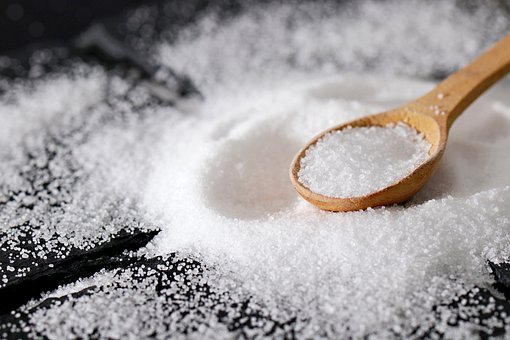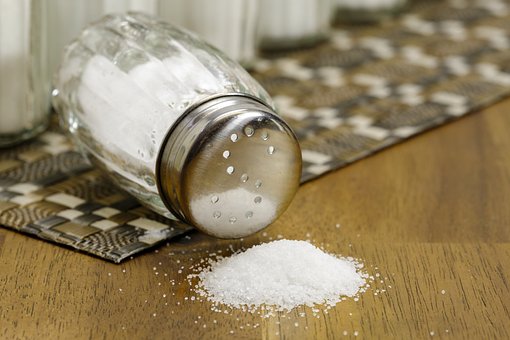Salt, also known as sodium chloride, is a commonly used seasoning that adds flavor to a variety of foods. It is also a vital nutrient that is necessary for the proper functioning of the human body. However, salt has received a lot of negative attention in recent years due to its potential impact on health. In this article, we will delve into the nutritional value of salt and whether or not it is healthy for you.
First, let’s explore the nutritional value of salt. Salt is made up of approximately 40% sodium and 60% chlorine. Sodium is an essential electrolyte that helps to regulate fluid balance in the body and is involved in muscle function and nerve transmission. Chlorine is also an essential electrolyte that plays a role in maintaining the body’s acid-base balance.
Salt is also a good source of iodine, a trace element that is necessary for the production of thyroid hormones. Iodine is important for maintaining normal metabolism and supporting brain development in fetuses and infants. Many countries add iodine to their salt supplies to help prevent iodine deficiency, which can lead to goiter, mental retardation, and other health problems.
Now that we’ve looked at the nutritional value of salt, let’s examine whether or not salt is healthy for you. The answer is not a straightforward one, as the health effects of salt can vary depending on the amount of salt that an individual consumes.
On one hand, consuming too much salt can have negative health consequences. High salt intake has been linked to an increased risk of high blood pressure, a major risk factor for heart disease and stroke. The World Health Organization recommends that adults consume no more than 5 grams of salt per day, which is equivalent to about one teaspoon.
However, it is important to note that not all sources of salt are created equal. Processed foods, such as chips, canned soups, and snack foods, are often high in added salt and can contribute significantly to an individual’s daily salt intake. On the other hand, naturally occurring sources of salt, such as those found in whole foods like vegetables and meats, may not have the same negative effects on health.
Additionally, some research suggests that low salt intake may also have negative consequences for health. A review of several studies found that low salt intake was associated with an increased risk of death from heart disease and stroke. Other research has also suggested that low salt intake may be associated with an increased risk of insulin resistance, a precursor to type 2 diabetes.
Overall, it is important to consume salt in moderation as part of a healthy, balanced diet. While it is important to be mindful of your salt intake, it is also important to consider the source of the salt and to consume a variety of whole foods, rather than relying on processed foods with added salt. Additionally, if you have high blood pressure or are at risk of developing heart disease, it may be advisable to talk to your healthcare provider about strategies to reduce your salt intake.
In conclusion, salt is a vital nutrient that is necessary for the proper functioning of the human body. However, consuming too much salt can have negative health consequences, particularly for individuals at risk of high blood pressure or heart disease. It is important to consume salt in moderation as part of a healthy, balanced diet and to consider the source of the salt. By making mindful choices about your salt intake, you can help to support your overall health and well-being.

 Home
Home Health
Health Diet & Nutrition
Diet & Nutrition Living Well
Living Well More
More












